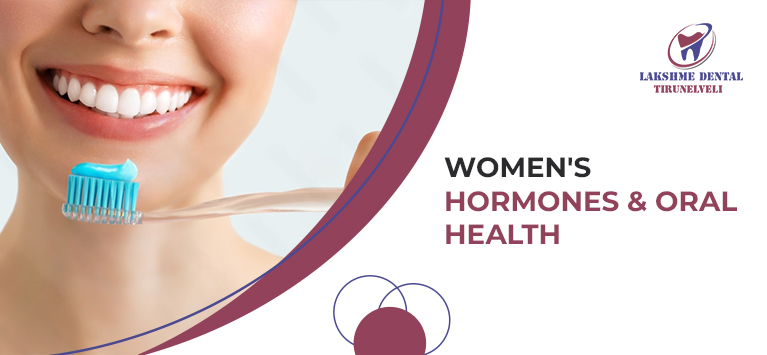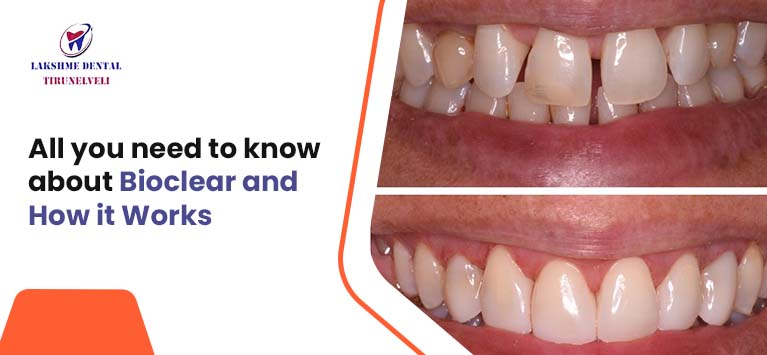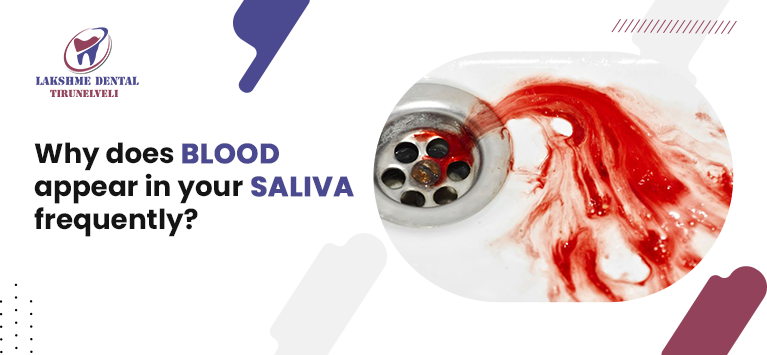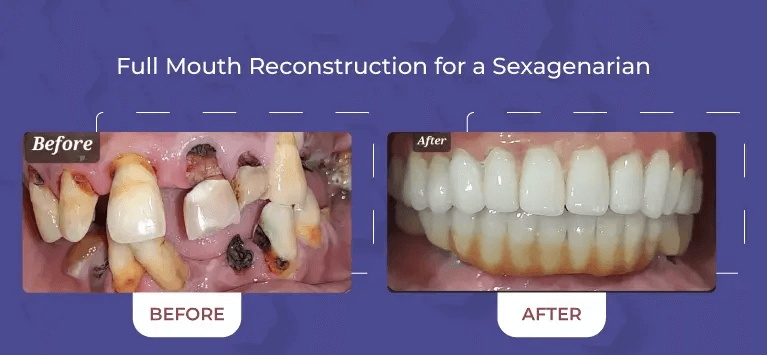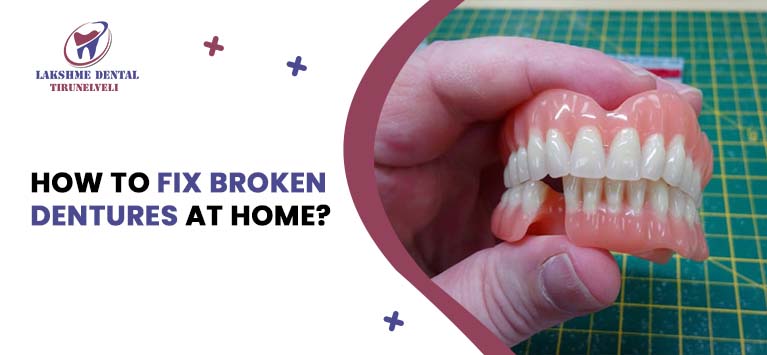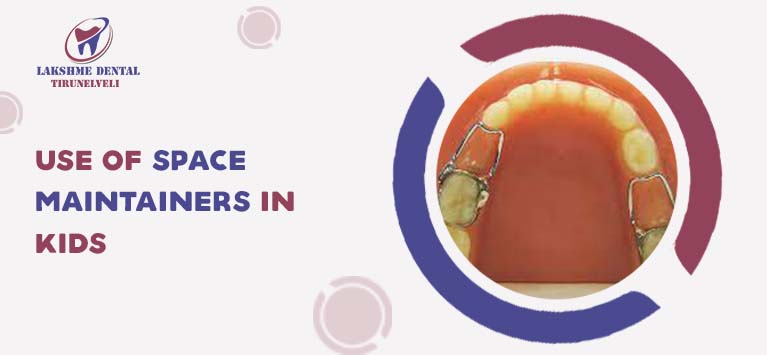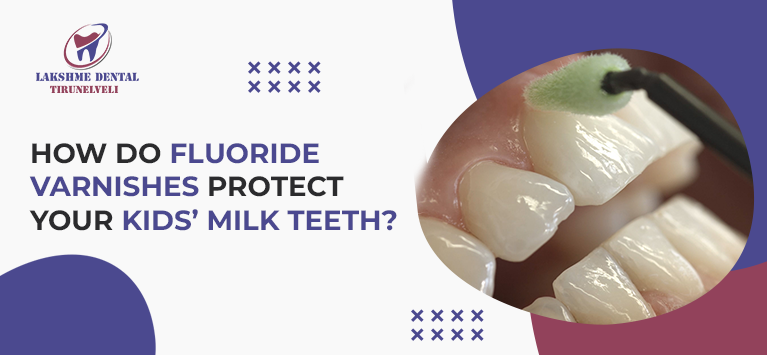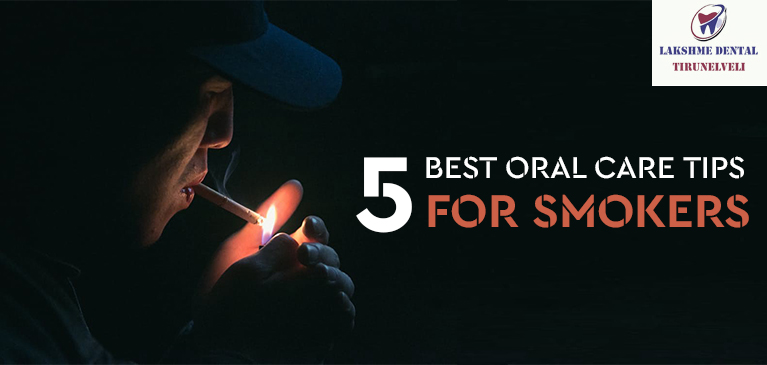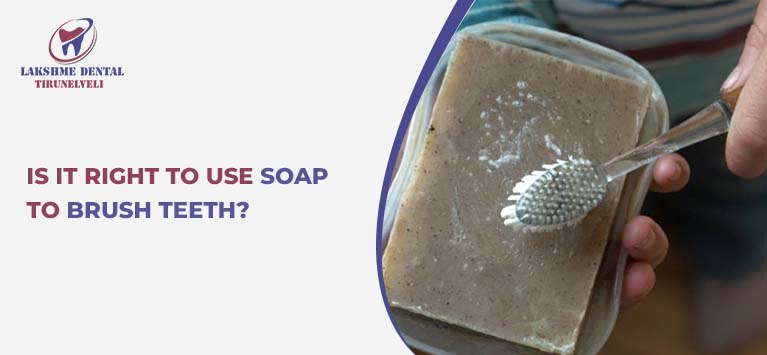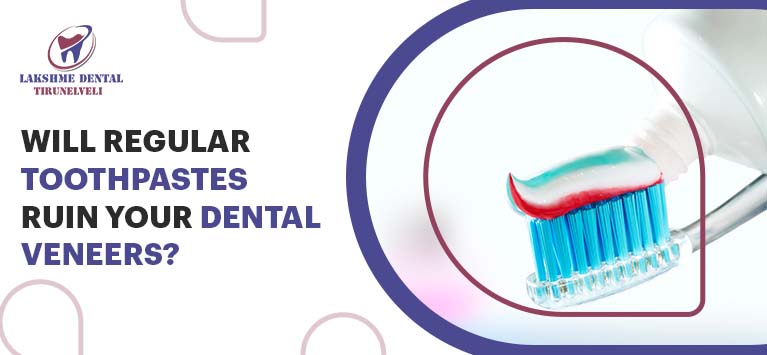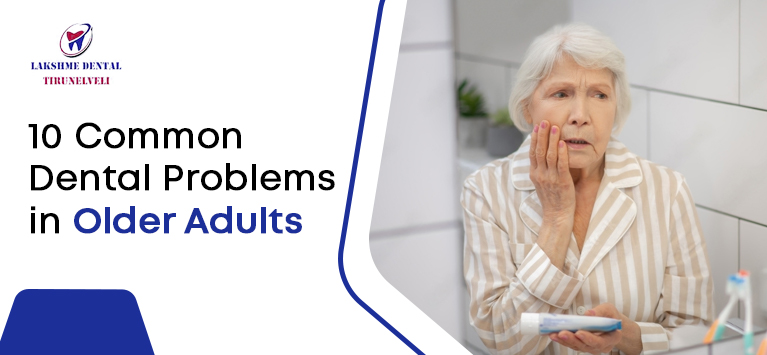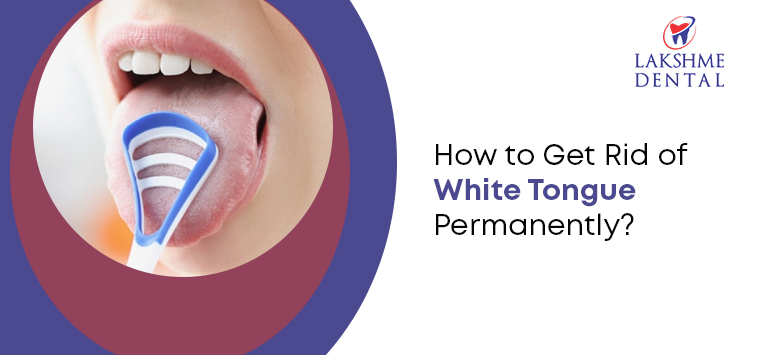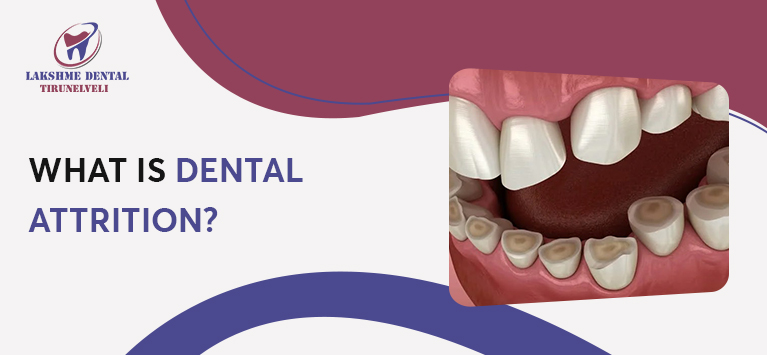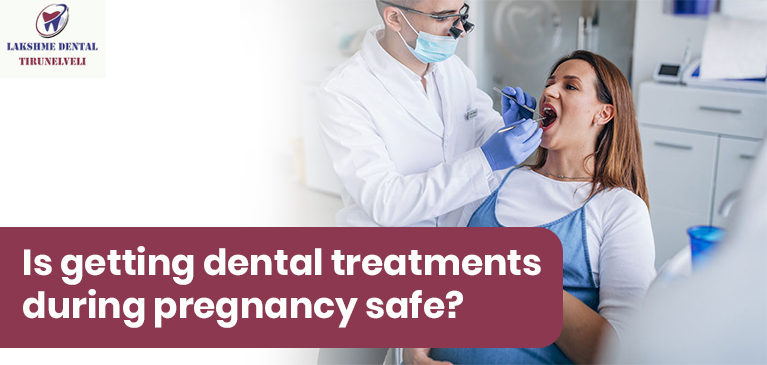
Is Getting Dental Treatments During Pregnancy Safe?
Dental care is even more important for a woman in her trimester period. Unfortunately, there is a mistaken belief that getting dental treatments during pregnancy will affect the baby as well as the expectant mother. The hormone changes during pregnancy will compromise teeth and gums provoking problems like tooth decay, gum diseases, and much more.
If you neglect such dental concerns during pregnancy, they will have a negative influence on your baby too. So you should get dental check-ups during your pregnancy to reduce the risk of complications.
Is it safe to get dental treatments while pregnant?
Yes. Many people are not aware of the advancements in dentistry that made dental treatments more comfortable and extremely safe.
For instance, many people believe that x-ray radiations have damaging effects on a pregnant woman. On contrary, modern dental x-rays use very low radiation dosage. Likewise, dentists use accessories like a thyroid guard and lead apron to make sure that the baby in the womb is shielded from the radiation.
Generally, dentists use a single dose of radiation that does not cause any ill effects in the development of the fetus. Similarly, dental doctors will postpone some treatments concerning the stages of pregnancy if they forecast the treatment will intervene in the development of the baby. So you need not worry or scare to get oral care treatments when you are pregnant.
Here are the common dental treatments that are also safe to receive during pregnancy.
1) Anesthesia
Anesthesia is inevitable in various dental treatments as it is needed to numb the tissues to ease off the pain during the procedure. You are surprised to know that using anesthesia is safe while pregnant.
Dentists prefer suitable anesthesia and set appropriate levels while treating an expectant woman.
However, dentists avoid anesthetics that contain felypressin for pregnant women because the chemicals in the substance will contract blood vessels.
2) Dental Cleanings
It is highly recommended to get dental cleanings are regular intervals during pregnancy. This helps in preventing the accumulation of bacteria over teeth and gums and in turn, avoiding various dental diseases during pregnancy.
3) Tooth extractions
Dentists recommend pulling out a tooth if the damage goes beyond repair. Likewise, dental extraction is the only option when a deeply decayed tooth cannot preserve with Root Canal Treatment.
For pregnant women, dentists carry out the extractions in the second trimester. This is because dentists avoid exposing the fetus to x-ray radiation in the initial stage of development. Furthermore, stay lying for an extended period while extracting a tooth is quite uncomfortable in the third trimester and beyond that.
Hence dentists recommend the second trimester as the optimum period to extracting a tooth surgically as the expectant mother will not get any annoyance with the treatment.
4) Root Canal Treatment
When a decayed tooth is not treated on time, the infection will go inside and reach the nerve endings. Root Canal Treatment (RCT) is the appropriate option to address such deeply infected teeth. If such deep infections in a tooth are left untreated, the microbes will enter the bloodstream and affect the baby.
Root Canal Treatment can be performed at any stage of pregnancy. As the procedure involves removing the nerves inside the infected tooth, dental x-rays are essential before the procedure. Hence in most cases, dentists avoid RCT in the first trimester.
5) Teeth Straightening Treatments
Getting orthodontic treatments during the menstrual period is safe but dentists recommend that getting dental braces after delivery is wise.
It is because the face and mouth size change as a result of hormonal changes during pregnancy. So it is hard to make an impression for such frequent changing mouth structures that may increase the overall cost.
In the meantime, the braces’ wires may cause gums and facial tissues in the initial phase of orthodontic treatment. Such discomforts exist until the tissues get familiar with the new substance. As the mouth size alters frequently while pregnant, it will cause more annoyance.
6) Dental Fillings
Getting dental fillings during pregnancy is also safe and the second trimester is the best time to receive cavity fillings treatments to avoid the risk of nausea.
If you want dental fillings to restore a decayed tooth, make sure you are getting amalgam-free fillings. This is because the dental amalgams used in silver fillings contain a small amount of mercury that could affect the baby development whereas composites, ceramic, glass ionomers fillings do not cause such risks.
Bottom line
Proper oral hygiene is the key to attain healthy teeth and gums. Even though oral health is compromised due to hormonal changes during pregnancy, you can prevent its side effects to an extent with a good oral hygiene routine and a healthy diet.

